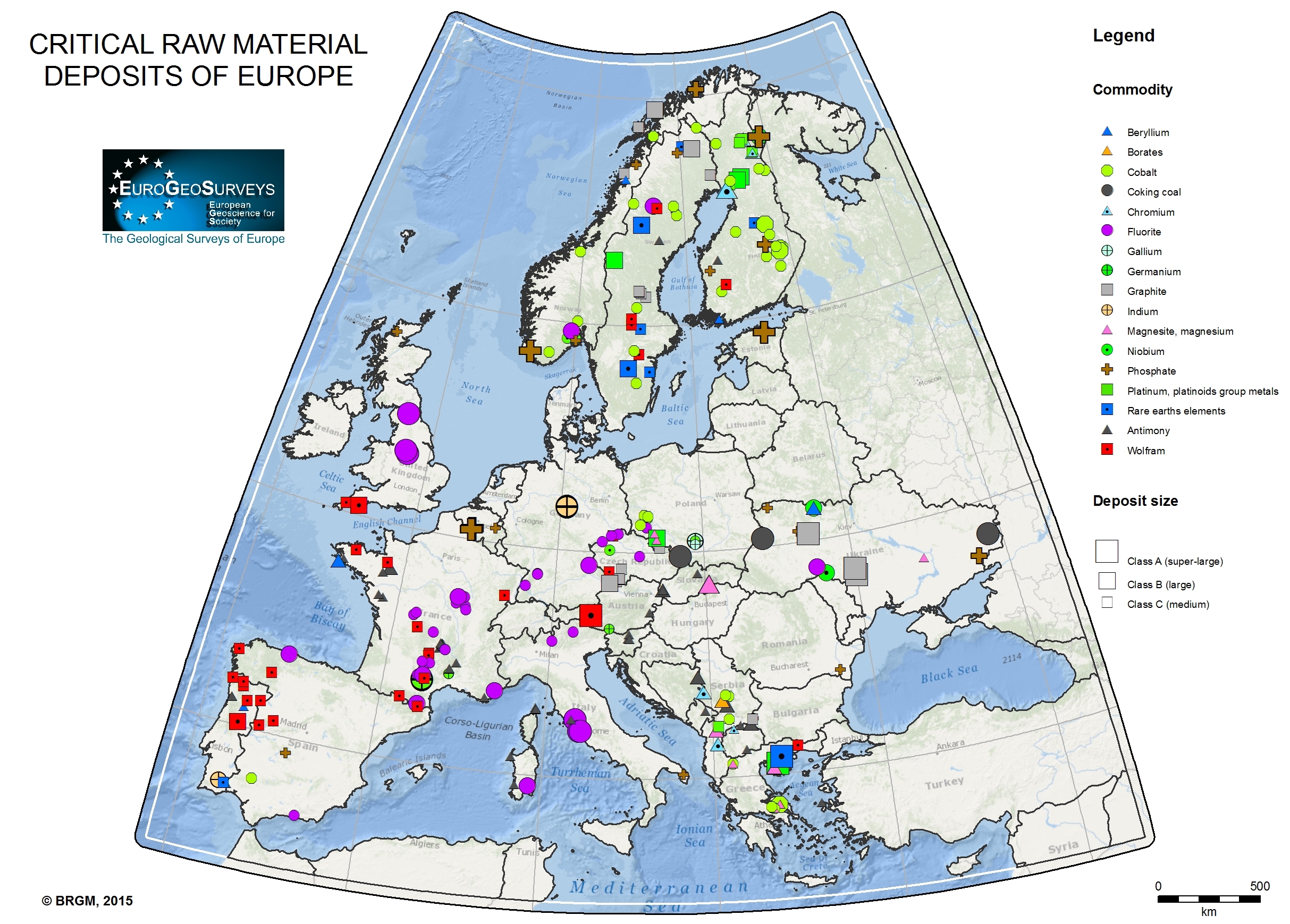You are using an out of date browser. It may not display this or other websites correctly.
You should upgrade or use an alternative browser.
You should upgrade or use an alternative browser.
[RD] Daily Graphs and Charts
- Thread starter Winner
- Start date
- Status
- Not open for further replies.
stfoskey12
Emperor of Foskania
Homicide rates for Canadian cities

Contrasted with American list

Crazy that our worst city (Edmonton) wouldn't even crack the American top 50
Norman, OK and Chapel Hill, NC have murder rates similar to those Canadian cities, but they are towns of 120k and 60k, respectively. Durham, NC (250k people) had a murder rate of 13.2 per 100,000 in 2014, but it has a reputation as the most dangerous city in the state. Most of it is fine, but a good portion of the east side of the city is where most of the violent crime happens.
GoodEnoughForMe
n.m.s.s.
JohannaK
Heroically Clueless
It's a weird world where Trump loses 2020 and still manages to come back in 2024
civvver
Deity
- Joined
- Apr 24, 2007
- Messages
- 5,855
How could anyone possibly guess at that considering the tax brackets haven't been released?
No tin marked in Cyprus or Cornwall? Clearly, the world's moved on a bit.
Maybe tin isn't identified as so 'critical' a resource?

Lohrenswald
世界的 bottom ranked physicist
Spoiler size :

"Ellada" is not the case used, though. Ellas (ie Hellas) is. Ellada is the third case of the noun (although some braindead reformists of the language would have wanted it otherwise).
Ie, noun cases are:
(H) Ellas (Η Ελλάς)
(Ths) Ellados (Της Ελλάδος)
(Thn) Ellada (Την Ελλάδα)
(Th Elladh, i think; case is no longer used) (special symbol missing, won't try)
(W) Ellas (Ω Ελλάς)
The case 'Ellada' is obviously equally ancient; it just is not the proper noun case to be used in naming the country, and sounds a bit rednecky, so stick with Hellas/Ellas - even moreso in english/latin characters, cause the cases are lost there in the first place + the d sounds terrible and is not a greek delta).
Ie, noun cases are:
(H) Ellas (Η Ελλάς)
(Ths) Ellados (Της Ελλάδος)
(Thn) Ellada (Την Ελλάδα)
(Th Elladh, i think; case is no longer used) (special symbol missing, won't try)
(W) Ellas (Ω Ελλάς)
The case 'Ellada' is obviously equally ancient; it just is not the proper noun case to be used in naming the country, and sounds a bit rednecky, so stick with Hellas/Ellas - even moreso in english/latin characters, cause the cases are lost there in the first place + the d sounds terrible and is not a greek delta).
Last edited:
Hellas was the mythical ancestor of the Greeks. There's a reason why thinks of Greek origin are often called 'Hellenic'.
"Fighting in the forefront of the greeks, the athenians at Marathon diminished the power of the gold-bearing medes", as the epigram by Simonides goes

ie "Hellenon promachountes" etc
MagisterCultuum
Great Sage
By "third case," do you mean the accusative?"Ellada" is not the case used, though. Ellas (ie Hellas) is. Ellada is the third case of the noun (although some braindead reformists of the language would have wanted it otherwise).
Ie, noun cases are:
(H) Ellas (Η Ελλάς)
(Ths) Ellados (Της Ελλάδος)
(Thn) Ellada (Την Ελλάδα)
(Th Elladh, i think; case is no longer used) (special symbol missing, won't try)
(W) Ellas (Ω Ελλάς)
The case 'Ellada' is obviously equally ancient; it just is not the proper noun case to be used in naming the country, and sounds a bit rednecky, so stick with Hellas/Ellas - even moreso in english/latin characters, cause the cases are lost there in the first place + the d sounds terrible and is not a greek delta).
I'm more used to Latin grammar, where the cases are usually presented in the order:
Nominative
Genitive
Dative
Accusative
Ablative
Sometimes that is followed by the Vocative, although that is usually omitted and sometimes listed between nominative and genitive; its form is always identical to the nominative, except for 2nd declension masculine nouns ending in '-us' and a few 3rd declension proper nouns of Greek origin (like Alcibiadēs becoming Alcibiadē).
Sometimes it is followed by the Locative, but this form only which only exists for the proper names of cities, islands smaller than Crete, and 5 common nouns (meaning at home, in the country side, on the ground, in the military, or at the hearth).
I am familiar enough with Ancient Greek to know it lacked an Ablative case, but had always seen the Dative listed before the Accusative and was rather surprised when I looked up modern Greek grammar on Wikipedia and did not see Dative listed there at all.
May I assume the case you listed fourth is the Dative, and fifth the Vocative?
Having only three cases really does not seem like enough. What kind of crazy reformers would want to reduce the number even further?
^Yes. It is just that the dative case was lost following the terribly bad 'reformation' of the greek language in the early 70s. Along with the polytonic system.
Dative only survives in some phrases, mostly archaic, and is otherwise presented with a small periphrasis instead (in the case of the noun being 'Hellas', the periphrasis (not a case) with the same meaning as the dative would be 'στην Ελλάδα', while i now looked up the dative, which would have been -copy/pasting with polytonic...- 'τῇ Ἑλλάδι')
I think the case i numbered as 'third' is the accusative one, in greek it is termed as 'aitiatike'. Nominative more obviously is the 'onomastike', and yes, that is what i mean re 'Hellas' being in the nominative case, although some ultra language reformation weirdos would insist on using the same form in the accusative for many nouns in the nominative as well; it is very low practice, though, and thankfully mostly overruled by speakers themselves anyway.
Last case is the vocative i suppose, yes - "kletike" in greek. Used to pronounce someone, eg "Oh Agamemnon" etc.
Both dative and polytonic were still taught in schools here up until the start of the 70s, eg my mother learned the language with those as well. The reformation was hideous, but at least most of it was canceled in practice, cause it sounds so stupid Supposedly it happened so as to limit the differences between use of the language by scholars and the more common use, and was an issue lingering on since the 1830s and the declaration of a new state of Greece. While the scholarly version is quite austere, the reform was not a good one. Anyway, that is an issue for another time...
Supposedly it happened so as to limit the differences between use of the language by scholars and the more common use, and was an issue lingering on since the 1830s and the declaration of a new state of Greece. While the scholarly version is quite austere, the reform was not a good one. Anyway, that is an issue for another time...
Dative only survives in some phrases, mostly archaic, and is otherwise presented with a small periphrasis instead (in the case of the noun being 'Hellas', the periphrasis (not a case) with the same meaning as the dative would be 'στην Ελλάδα', while i now looked up the dative, which would have been -copy/pasting with polytonic...- 'τῇ Ἑλλάδι')
I think the case i numbered as 'third' is the accusative one, in greek it is termed as 'aitiatike'. Nominative more obviously is the 'onomastike', and yes, that is what i mean re 'Hellas' being in the nominative case, although some ultra language reformation weirdos would insist on using the same form in the accusative for many nouns in the nominative as well; it is very low practice, though, and thankfully mostly overruled by speakers themselves anyway.
Last case is the vocative i suppose, yes - "kletike" in greek. Used to pronounce someone, eg "Oh Agamemnon" etc.
Both dative and polytonic were still taught in schools here up until the start of the 70s, eg my mother learned the language with those as well. The reformation was hideous, but at least most of it was canceled in practice, cause it sounds so stupid
 Supposedly it happened so as to limit the differences between use of the language by scholars and the more common use, and was an issue lingering on since the 1830s and the declaration of a new state of Greece. While the scholarly version is quite austere, the reform was not a good one. Anyway, that is an issue for another time...
Supposedly it happened so as to limit the differences between use of the language by scholars and the more common use, and was an issue lingering on since the 1830s and the declaration of a new state of Greece. While the scholarly version is quite austere, the reform was not a good one. Anyway, that is an issue for another time...
Last edited:
warpus
Sommerswerd asked me to change this
It's hard to determine whether Poland has Germanium or Niobium deposits. Maybe I'm just blind though. I'm also disappointed there is no Polonium in Poland and no Germanium in Germany.
- Status
- Not open for further replies.





 .
.